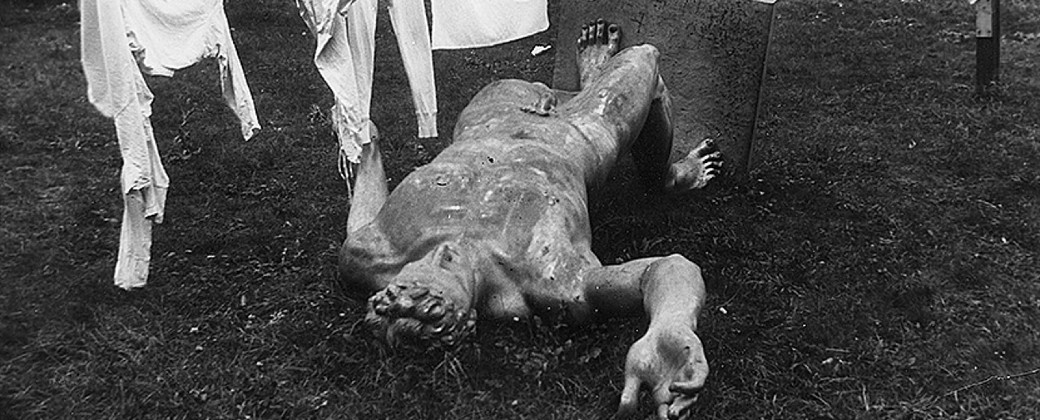
- This event has passed.

International Conference: Taboo in Cultural Heritage
In the spring and summer of 2020, a wave of statue defacements and removals spread across the world. As part of the Black Lives Matter protests, monuments in many countries were labeled as inappropriate due to their relationship with colonial histories and racial injustices. This ‘burdened heritage’ was considered taboo: something that should not have a physical presence in public space. In that same year, as a direct reaction to the Black Lives Matter protests, the exhibition Are Jews white? (Jewish Museum, Amsterdam) tried to break a taboo by discussing color and the question of where Jews find themselves in the identity politics spectrum of Black and White.
Soon after, a controversy about the ‘uniqueness’ and ‘comparability’ of the Holocaust arose: ‘Historikerstreit 2.0’ as it was frequently called, with reference to the debate of the late 1980s. A number of historians pointed to the taboo against challenging the ‘uniqueness’ of the Holocaust by comparing it with colonial violence, which is also present in the memory of these histories in today’s society (e.g., in monuments, exhibitions, restitution issues, debates about apologies and reparations, etc.).
Taboo is a subject, word, or action that is avoided or forbidden for religious, social or political reasons. Although there are certain taboos that appear to be virtually universal, most taboos vary with cultures and times. Objects, sites, or practices appropriated as cultural heritage, can at a later moment in history be redesignated as problematic, no longer conforming to certain norms and values. Conversely, (former) taboos can be contested, eventually triggering the ‘heritagization’ and display of hitherto banned objects and sites.
Unsurprisingly, taboo and tabooed issues get less attention in humanities and heritage practices than the canon or the canonized. However, canon and taboo could be considered two sides of the same coin; they are interdependent. For that reason alone, it is important to address the subject of taboo as well, and not turn a blind eye to it. For example, the canonization of modernist art after World War II went hand in hand with tabooing art produced under National Socialism. Nowadays, there is a renewed interest at museums in exhibiting these works, sparking controversy and debate.
This international conference aims to reflect on the concept of taboo in relation to cultural heritage in the context of colonialism and national socialism and their reverberations in society. What can the dynamics of taboo convey about today’s globalizing world? How have taboos shaped (and continue to shape) and impacted the process of cultural heritage making? How do taboos generate heritage dissonance (Tunbridge and Ashworth, 1996)? How does the concept apply to ‘difficult heritage’ (Macdonald, 2009)? How do/could/should cultural heritage professionals deal with questioning the display, adjustment or removal of such ‘burdened heritage’, and is every heritage professional and scholar ‘allowed’ to address every topic?
Confirmed keynote speakers:
- Berber Bevernage (Ghent, Belgium)
- Pumla Gobodo-Madikizela (Stellenbosch, South Africa)
- Sharon Macdonald (Berlin, Germany)
- Michael Rothberg (Los Angeles, USA)
